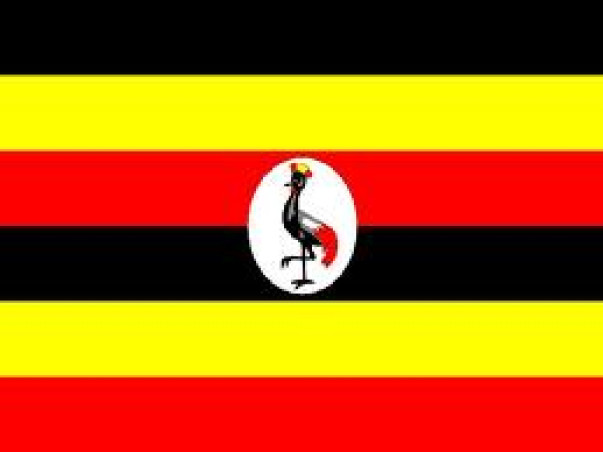UGANDA: Digital pay apps out to bridge digital divide

By Taddeo Bwambale
Inter-network mobile money transaction charges remain relatively high, and the process of sending and receiving money across platforms is quite tedious.
Fred William Fergusson, the founder and tech leader at EasyPay says digital pay platforms will define the future of financial transactions as smartphone-based applications grain ground.
One advantage they provide over conventional mobile-based platforms is what he describes as ‘convergence,’ which eliminates the need for one to be hooked to a particular network to transact
“Mobile phone network tailor services to their own customers. We are converging all these platforms into one so that the user spends less time and fees on transactions,” he explains.
For instance, his digital pay platform, EasyPay, built in Uganda in 2016, allows users to receive money from MTN, Airtel or Africell and send it to any of the networks under one platform.
The app charges zero fees on deposits and transfers among users of the app. Since the app syncs with contacts in one’s phone, sending or receiving money does not require validation prompts.
Over 20,000 Ugandans have already signed up to the system, and Fergusson says their target is to reach at least one million users.
His goal, he says, is to make it easier and relatively cheaper for small and medium enterprises to transact. The tech firm is already in talks with Exim Bank to reach more Ugandans.
One defining feature of the app is that it incorporates a chat function similar to Wechat, a very popular app in China which combines functions into one.
Institutions such as cooperatives or savings and savings groups can use the digital platform to create groups or designate administrators to track their income and expenditures.
Fergusson insists that the future of any technology for business will rely on its convenience, speed and safety in processing transactions.
“The first generation of mobile money relied on USSD (dialling shortcodes) to carry out transactions. The third generation is smartphone-based and expands the reach users,” he says.
Apart from eliminating cross-mobile-network barriers, Fergusson believes the time is right for Ugandans to support home-grown innovations.
SOURCE:NEW VISION
 Africas leading resource for digital financial services
Africas leading resource for digital financial services


comments